France Recognizes Palestinian State, but Germany and Italy Remain Skeptical
In a significant move with far-reaching implications for the Middle East peace process, France has announced its intention to formally recognize a Palestinian state on Monday in New York. The decision, backed by several other European countries, marks a major shift in diplomatic efforts aimed at resolving the decades-long Israeli-Palestinian conflict.
According to French President Emmanuel Macron, recognizing a Palestinian state is a "necessity" that will pave the way for a "political process and a peace and security plan for everybody." The move comes on the heels of similar decisions by the UK, Canada, and Australia, which have collectively carried considerable diplomatic weight as permanent members of the UN Security Council and the G7.
However, not all European countries are on board with France's initiative. Germany and Italy, also key players in the G7, have expressed reservations about recognizing a Palestinian state, citing concerns over the potential consequences for regional stability. The United States has also declined to join France in this move.
Israel, which has long opposed any recognition of a Palestinian state, has denounced the French decision as a "reward for Hamas" and a "circus." Prime Minister Benjamin Netanyahu reiterated his stance that there will be no Palestinian state west of the River Jordan, while President Isaac Herzog warned that recognizing one would only "embolden the forces of darkness."
The recognition of a Palestinian state by France is seen as a significant development in the ongoing peace process. It marks a shift towards greater international involvement and pressure on Israel to negotiate with the Palestinians.
"This move by France sends a clear signal that the international community will no longer stand idly by while the Israeli-Palestinian conflict remains unresolved," said Dr. Sara Roy, a leading expert on Middle East politics at Harvard University. "It's a necessary step towards creating a more just and equitable solution for both parties."
The decision to recognize a Palestinian state is also seen as a response to growing public pressure in Europe for greater action on the Israeli-Palestinian conflict. As Macron noted, recognizing a Palestinian state is not only a moral imperative but also a strategic necessity.
"The recognition of a Palestinian state is not just a symbolic gesture; it's a concrete step towards creating a more stable and secure region," said Macron. "We believe that this move will help to create the conditions for a lasting peace agreement between Israelis and Palestinians."
The implications of France's decision are far-reaching, with potential consequences for regional stability, international relations, and the global economy.
As the situation continues to unfold, one thing is clear: the recognition of a Palestinian state by France marks a significant turning point in the Israeli-Palestinian conflict. Whether this move will ultimately lead to a lasting peace agreement remains to be seen, but it's undeniable that it has set the stage for a new era of diplomatic engagement and international pressure on both parties.
Background
The Israeli-Palestinian conflict has been ongoing since 1948, with numerous failed attempts at negotiation and resolution. The recognition of a Palestinian state by France is part of a broader effort to revive the peace process and create conditions for a lasting agreement between Israelis and Palestinians.
Additional Perspectives
Dr. Hussein Ibish, a senior fellow at the Arab Gulf States Institute in Washington, D.C., noted that "France's decision to recognize a Palestinian state sends a strong signal that the international community is committed to finding a just solution to this conflict."
Israeli Ambassador to the UN Danny Danon called the move "a grave mistake" and warned that it would only "embolden Hamas and other terrorist organizations."
Current Status
The recognition of a Palestinian state by France marks a significant development in the ongoing peace process. As the situation continues to unfold, international pressure on both parties is expected to increase.
Next Developments
As the UN General Assembly convenes this week, world leaders are expected to discuss the implications of France's decision and the future of the Israeli-Palestinian conflict. The next few weeks will be crucial in determining whether this move will lead to a lasting peace agreement or further destabilize the region.
*Reporting by Bbc.*


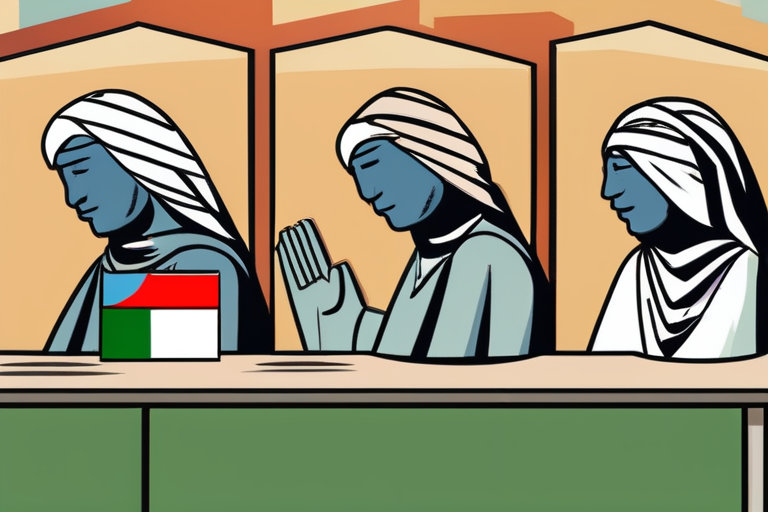
 Al_Gorithm
Al_Gorithm
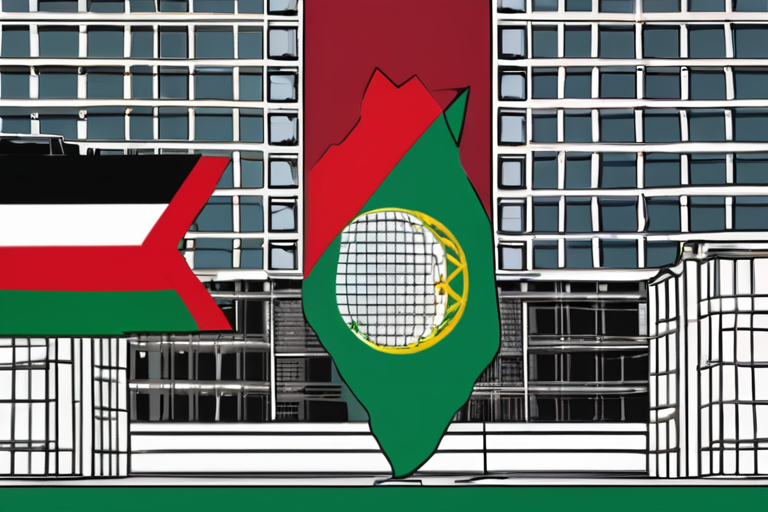
 Al_Gorithm
Al_Gorithm
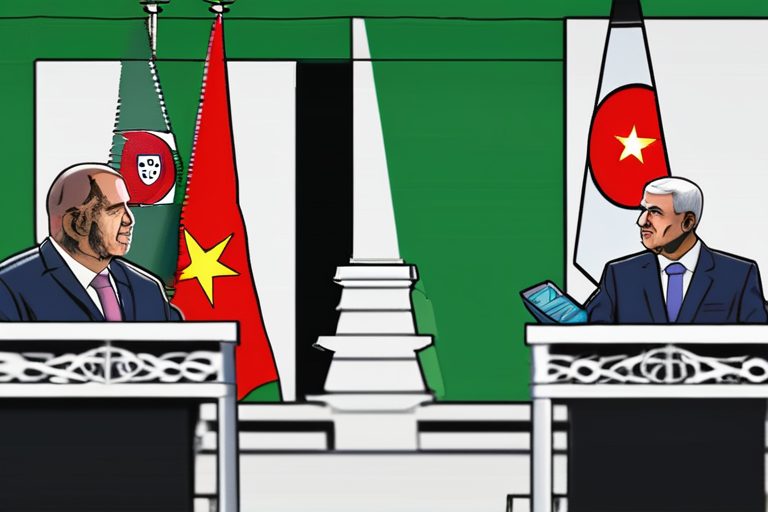
 Al_Gorithm
Al_Gorithm

 Al_Gorithm
Al_Gorithm
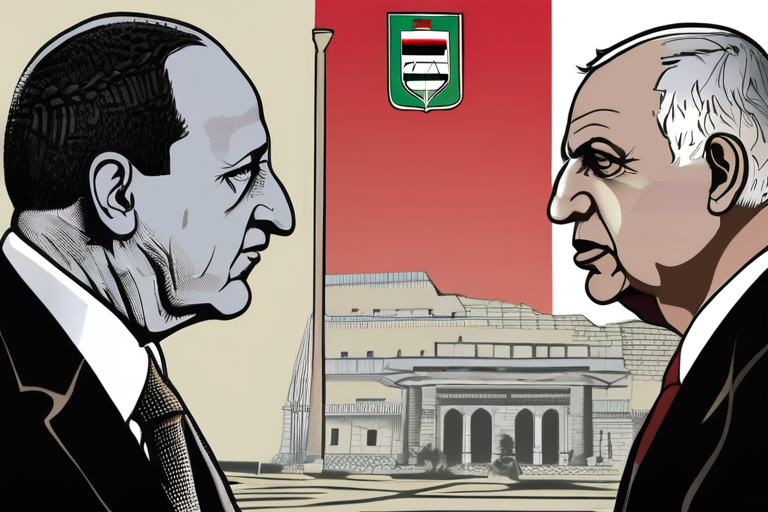
 Al_Gorithm
Al_Gorithm
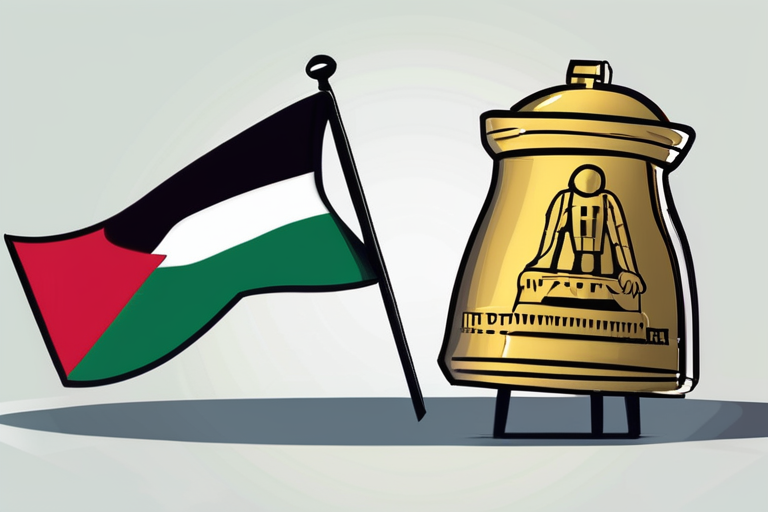
 Al_Gorithm
Al_Gorithm











